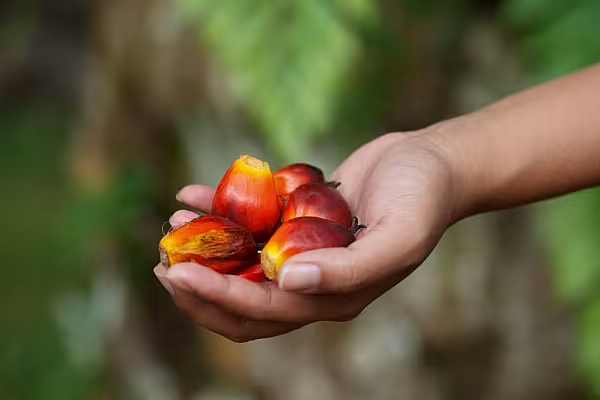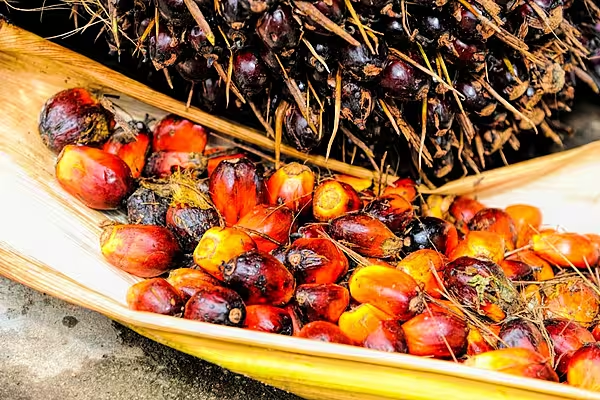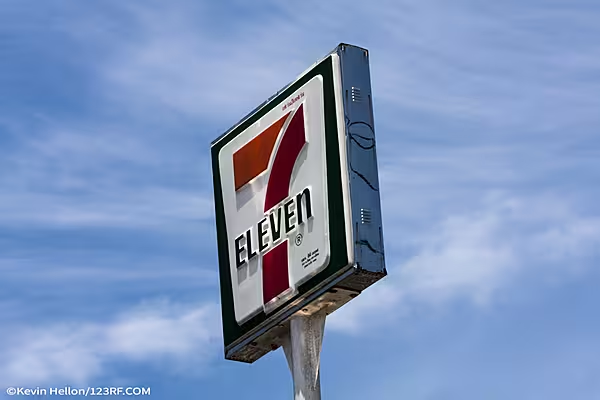The Consumer Goods Forum (CGF) and Fair Labor Association (FLA) have called for greater collaboration between various stakeholders involved in the palm oil industry to tackle the problem of forced labour.
According to the latest report by the FLA and CGF, the palm oil industry in Indonesia and Malaysia has shown several indicators of forced labour.
These include coercive practices like threats; violence, and the lack of clarity of employment terms and conditions; dependency on the employer; lack of protection by state or police; debt bondage; high recruitment fees; and involuntary overtime.
Olaf Koch, the CEO of Metro AG, and Co-Chair of the CGF Board of Directors, said, "In the world of sustainability, the environmental issues related to palm oil have long overshadowed the human rights concerns. Thanks to the latest report commissioned by the CGF, no one can now deny that this problem exists."
Driving Positive Change
Managing director of the Consumer Goods Forum, Peter Freedman, said, “Three years ago, the CGF, as the global platform for driving positive change across the consumer industry, established a programme of work to help eradicate forced labour from value chains around the world – the first of its kind.
"Forced labour is an endemic global problem, and the only solution is to work together alongside palm oil companies, recruitment agencies, business, and governments.”
Elsewhere, FLA President and CEO, Sharon Waxman, said, “We hope our report drives meaningful conversation and concerted action to tackle the root causes behind forced labour in palm oil production.
"The FLA commits to working alongside The Consumer Goods Forum, CGF members, and like-minded stakeholders to identify and implement solutions that will bring an end to forced labour and protect workers around the globe.”
Harvest and maintenance workers were exposed to the highest level of risk, including those who applied pesticides and fertilisers, the study found.
The report also highlighted the role of companies in addressing the problem of forced labour in palm oil production by leveraging their position as industry leaders.
Chief supply chain officer at Unilever, Marc Engel, said, “As Unilever is one of the leading buyers of palm oil, the findings of the FLA report are highly valuable and will help strengthen our efforts to end forced labour globally.
"We will continue to work alongside fellow CGF members and other stakeholders to drive implementation of the CGF’s Priority Industry Principles and drive positive change”.
Areas Of Opportunity
Some of the key areas of opportunity identified in the report include advocacy to the governments of these countries, companies, and suppliers; fostering dialogues and regional collaboration between the various stakeholders; and knowledge-sharing among CGF members, as well as members of the supply chain.
Others include improving existing assessment methodologies, certification schemes, mechanisms, and forced labour standards.
Based on the recommendations in the FLA report, the CGF has built an action plan that demonstrates and reconfirms its resolve to work collaboratively to address forced labour issues in the sector.
Malaysia and Indonesia are the leading producers of palm oil, together accounting for 86% of global production and employing nearly 3.5 million workers, largely migrants from poorer neighbouring regions and countries.
© 2018 European Supermarket Magazine – your source for the latest retail news. Article by Dayeeta Das. Click subscribe to sign up to ESM: The European Supermarket Magazine.














